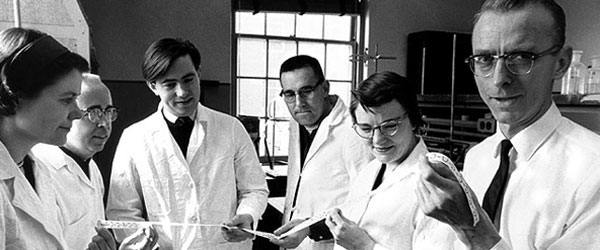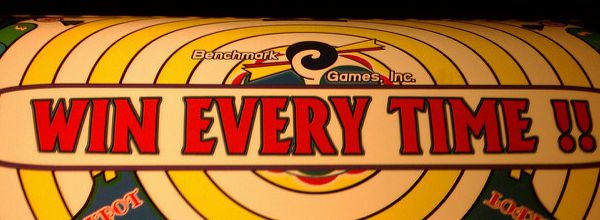“But I like ‘because’. Why would I want to do that?” Your incentive is newfound freedom that will offer you a fresh set of eyes on the world. In freshness, there is renewed energy and creativity. Energy and creativity, in turn, foster discovery. So be intrepid and consider what follows.
The Reason for Reasons
Humans have a penchant for providing reasons. We can rationalize anything with a compelling enough basis. This is evident in the sad history of wars, financial crises, and genocides. At an individual level, it manifests in painful behavior-related issues such as obesity, addiction, and crime. All of this is a consequence of our infatuation with the word ‘because’.
The moment we utter ‘because’, we relinquish power. But wait, doesn’t giving reasons strengthen our arguments and provide a solid foundation for our decisions?
While this may be true, something else happens simultaneously: the authority for the decision shifts from the decision-maker to the reasons that follow ‘because’. If the reasons are weak, the decision becomes weak as a result. Our reasons can be challenged, leading to the potential overturning of the decision, much to the chagrin of the decision-maker.
The Anatomy of a Decision
The issue lies in the nature of decision-making itself. Decisions are not considered valid without reasons. Thus, all the power is vested in the reasons. Does this approach always result in good decisions? Certainly not. Does having poor reasons or no reasons at all mean the decision is inherently bad? No, it simply means that the preemptive validation of the decision’s worthiness has not been established.
Saying ‘because’ is akin to seeking permission: “Please approve of my decision based on these reasons.” While approval may be appropriate in certain situations (hence the invention of peer review), oftentimes, such requests are driven by a desire to look good or, at the very least, avoid looking bad (which are both flawed scientific approaches, by the way).
People are addicted to ‘because’. They can’t even order a meal from a menu without telling the waiter, “I’ll have the fish because it was delicious last time.” But here’s the thing: the waiter couldn’t care less about why you want the fish. They’re not going back to the kitchen to gossip with the chef, saying, “Can you believe they ordered the fish? Who do they think they are?”
Decisions Without the Baggage
If you have the authority to make a decision without seeking anyone’s approval, why not make a choice instead of a decision? Wait, aren’t those words synonymous? Not necessarily. The distinction is this: with a choice, there is no need for a ‘because’. You simply choose from your options—no justifications, no need to prove validity, just make a choice and move forward.
Sometimes, making a decision is the right course of action. In the lab, you encounter situations where decisions need to be data-driven. In such cases, you reference the data.
But when choosing is the appropriate option, simply choose. Does that sound redundant or even circular? I am intentionally stretching the limits of semantics to make a point. Even at this logical level, opting for choice over decision is a possibility that you must be mindful of and consciously select, as warranted.
So here’s my challenge to you: try going a day without uttering the word ‘because’. Make choices without offering reasons, whether upfront or when questioned. When pressed for a reason for your decision, confidently declare: “This isn’t a decision I’ve made, it’s a choice. It’s a choice I am free to make, and I have made it.” Smile and move on.
Epilogue
‘Because’ is insidious. As I wrote this brief article, I had to edit out the word ‘because’ twice as I initially attempted to justify my statements. However, as evidence of the concept, the editing was done without compromising the message. This is my day without ‘because’. When will yours be?
Did you find this article enlightening and want more tips? Or Perhaps you need advice on improving other aspects of your scientific life? Subscribe to The Happy Scientist Podcast and get insight on how to make your career more enjoyable, fruitful, and mindful.







